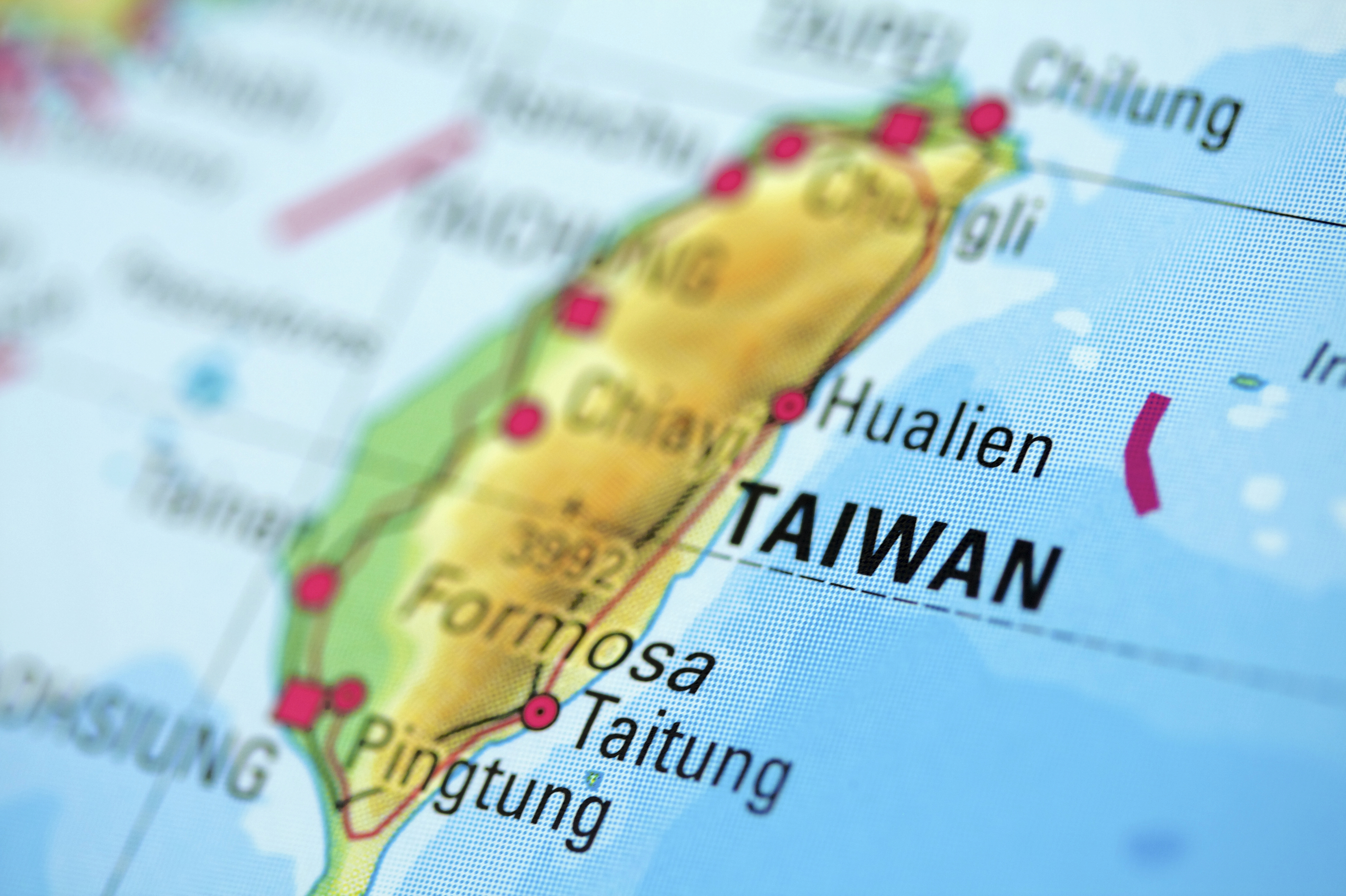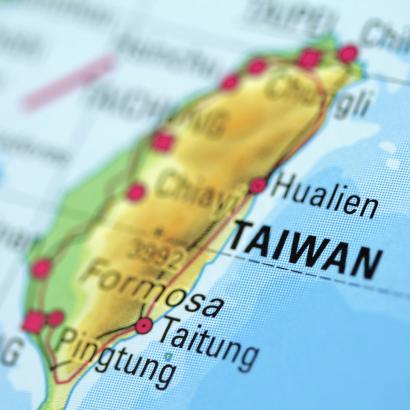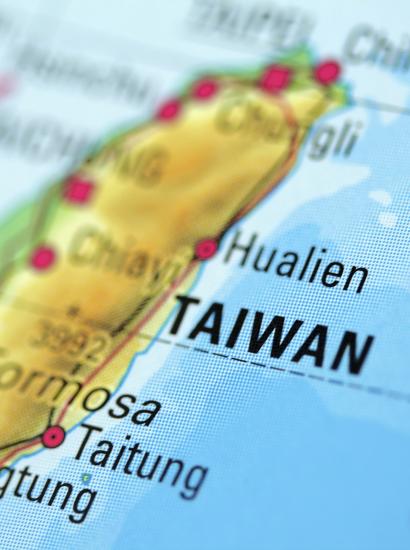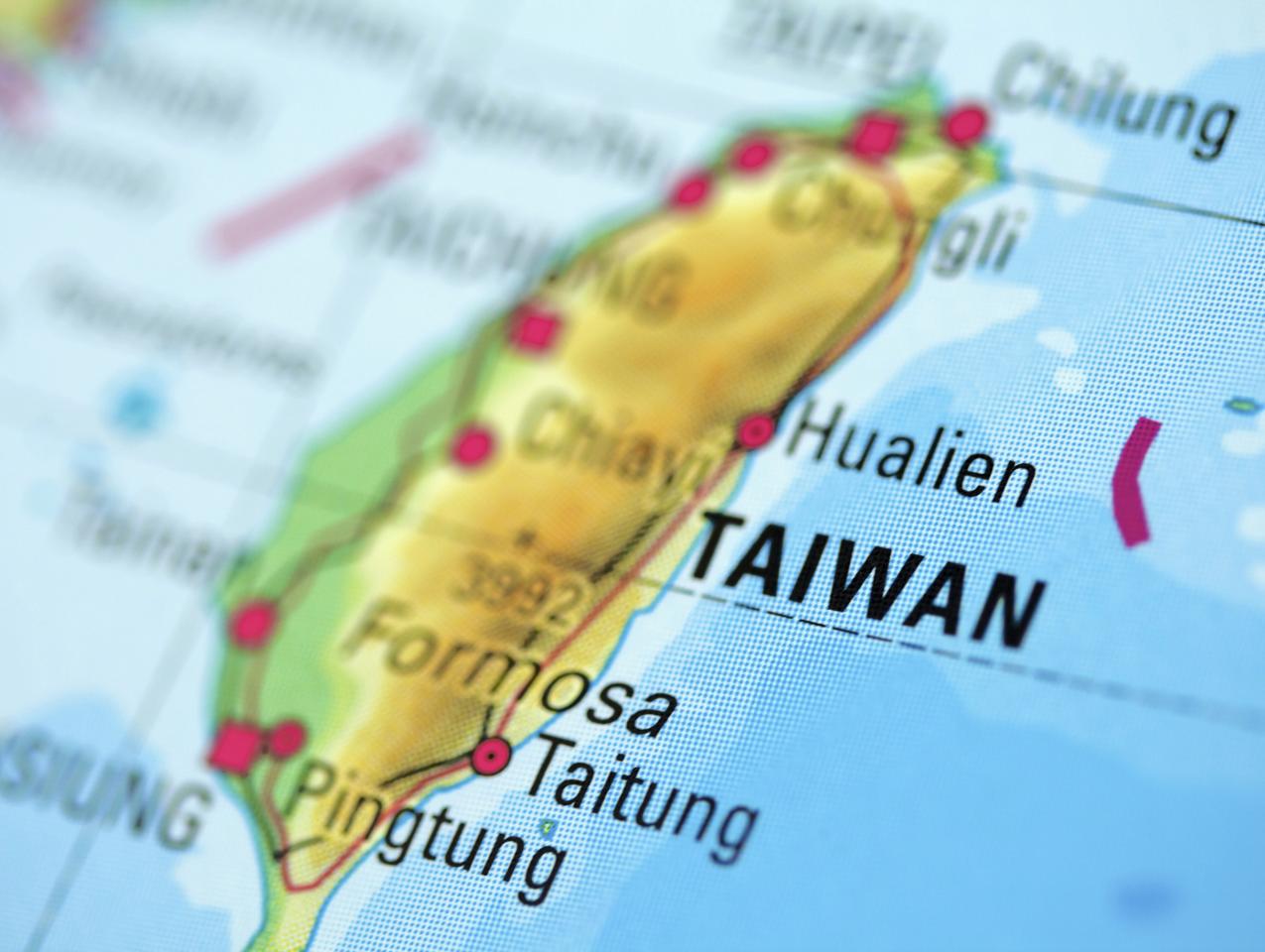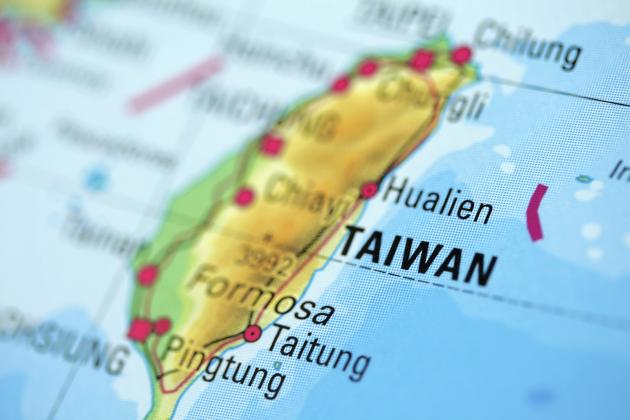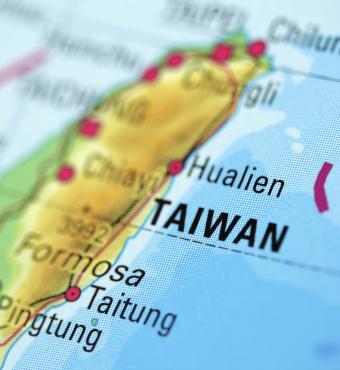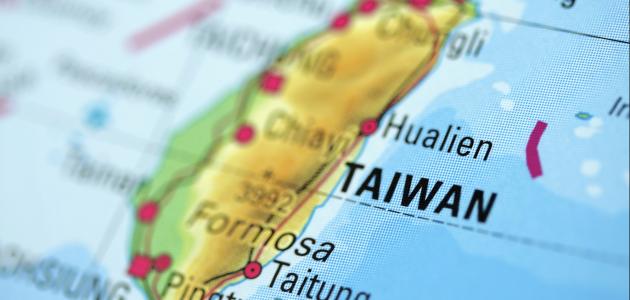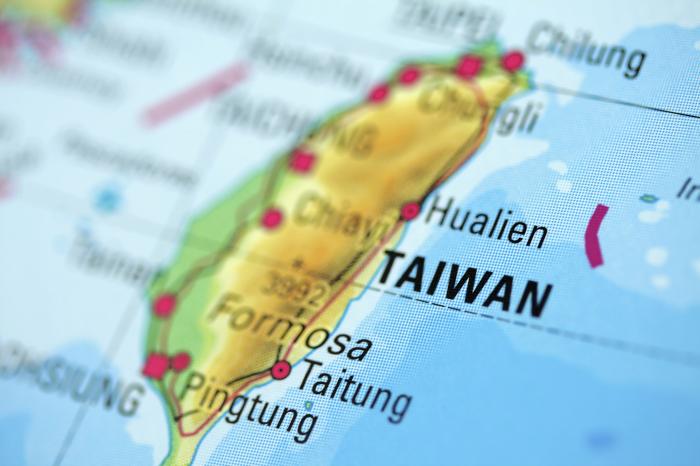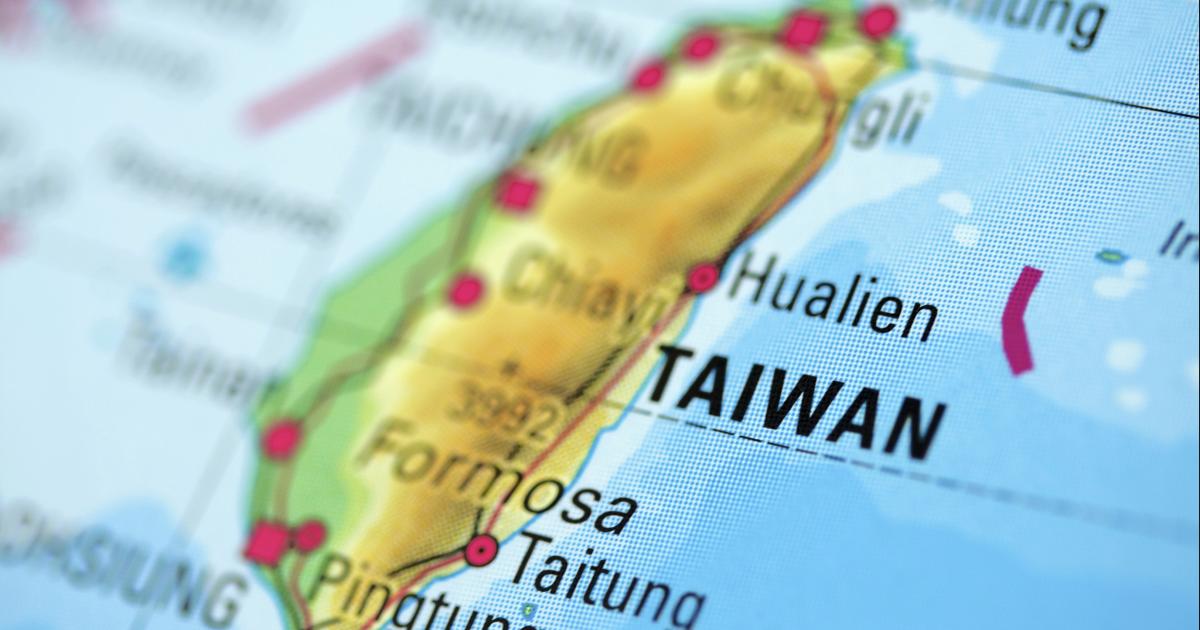- China
- Revitalizing History
Deterrence depends on money, weapons, and will. The United States and its allies such as Australia, Britain, Japan, and South Korea, not to mention other regional friends like India, the Philippines, Singapore, and Vietnam, have the money and the weapons to defend Taiwan. The will, however, is another matter. It would not be easy to convince the American people to fight for Taiwan’s freedom, however worthy the cause.
President Biden has tried—perhaps. After recently suggesting in an answer to a reporter’s question that the U.S. would be willing to use military force to protect Taiwan, Biden later insisted that American policy remained one of “strategic ambiguity.” He has made similar statements twice in the past, but on both occasions the White House walked back his apparent promise of military support. However unclear matters may seem, the stakes remain very high.
Taiwan is a liberal democracy under threat of invasion by a communist dictatorship. As the center of the microchip industry, it plays a key role in the world economy, and located as it is in the First Island Chain off China’s coast, it is vital strategically. Taiwan is a tribute to American ideals and a key friend, but it lies far, far away. Taipei is 180 miles from the Chinese port city of Quanzhou but 5,000 miles from Honolulu and 6,400 miles from San Francisco.
But it would be easier to make the case if Taiwan were a plucky ally ready to fight to the death rather than a rich-but-soft society eager to hand over the fighting and dying to Americans. There have been discouraging reports of unenthusiastic and poorly trained Taiwanese conscripts, not to mention accounts of draft-dodging. We’ve also heard a lot about the old guard in the military and its out-of-date concepts and equipment, such as tanks for invading the mainland. Fortunately, recent developments are more encouraging.
In recent years, the Taiwanese government has made a commitment to a new military strategy called the Overall Defense Concept (ODC). The ODC represents an asymmetric strategy. Recognizing that Taiwan cannot compete with China directly, it aims instead to make any Chinese invasion attempt costly and slow. It’s a notion that dovetails with the “porcupine” strategy advocated by the Trump administration and apparently now being continued by the Biden administration. It’s a policy of making Taiwan so “prickly” with its deep and determined defense that it makes life miserable for an invader.
In its latest national defense assessment, Taiwan recognizes the danger of China exerting “gray-zone” pressure, engaging in cyberwarfare, or blockading its harbors and airports and thereby cutting the island off from the world. If the Taiwanese people hang in there, however, China would still have to invade in order to win.
If the strategy of ODC doesn’t deter a Chinese invasion, it would at least slow it down enough to give Taiwan’s friends—the United States and its partners—time to intervene. With its massive buildup in recent years, the People’s Liberation Army Navy (PLAN) is now strong enough to keep such forces from coming to Taiwan’s aid rapidly. That makes it crucial for Taiwan to hold out at least for a matter of weeks.
Taiwan has been moving to make its military more mobile and resilient. Recent developments include the purchase of Patriot surface-to-air missiles as well as up to 400 Harpoon anti-ship missiles and progress on upgrading Taiwan’s fleet of F-16 fighter jets. There have also been developments at sea.
Taiwan is building its own fleet of diesel-electric submarines. While it might have been preferable simply to buy the excellent models that Japan makes rather than having to start up its own industry, Taiwan can have a major impact with its new submarines. They can serve as, in effect, an intelligent minefield that shuts off the Taiwan Straits to the PLAN.
Perhaps Taiwan will yet be a combination of Gibraltar, Switzerland, and Singapore. Will it happen fast enough to stop China? And will Taiwan’s friends, above all, the United States, be willing to pay the price to protect it? We may well find out, and soon enough.
Barry Strauss is a military historian and classicist at Cornell University and the Corliss Page Dean Visiting Fellow at the Hoover Institution.







